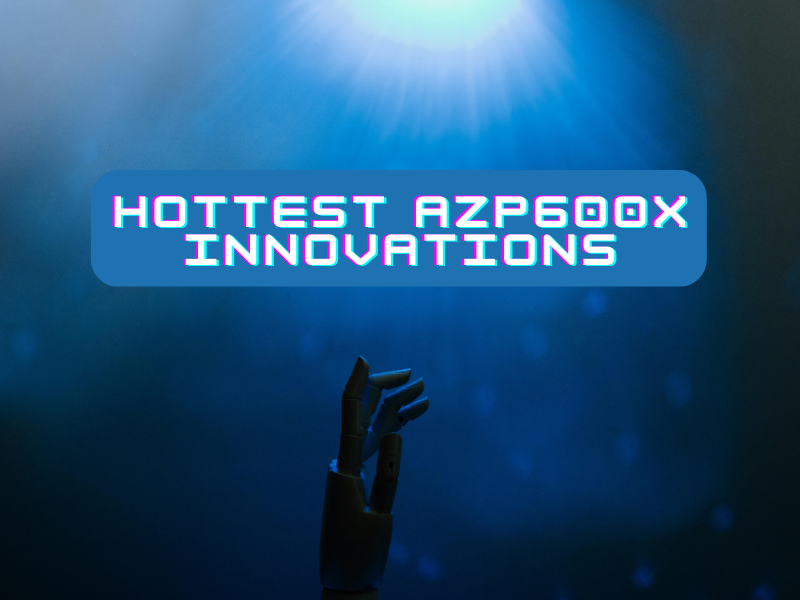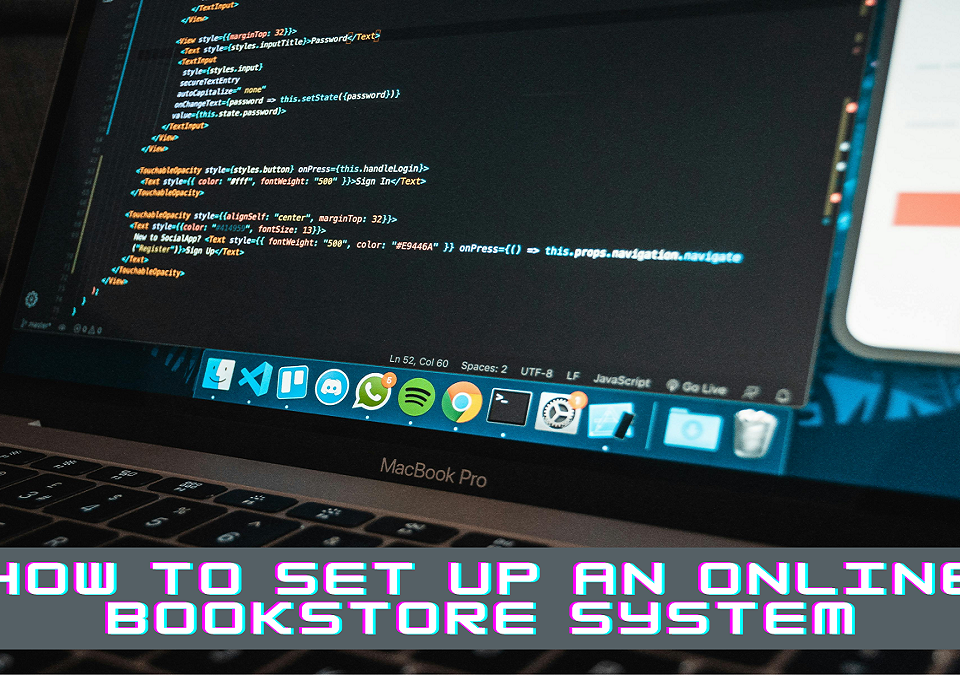
Python Weather Data Analysis: Unlocking Hidden Information
January 23, 2024
The Hottest AZP600X Innovations You Need to Know About
March 18, 2024Imagine having access to the same infrastructure that powers Google Search, Gmail, and YouTube. That’s what Google Cloud Platform (GCP) offers! It’s a suite of cloud computing services that lets you build, deploy, and scale applications, websites, and services with ease. Whether you’re a small startup or a large enterprise, GCP provides everything you need to innovate faster, work smarter, and achieve your goals.
GCP, like every other platform, has pros and cons. And when considering committing to a cloud provider, it is great practice to properly explore different possibilities before committing.
In this article, we’ll walk you through the Google Cloud Platform pros and cons.
Pros of Google Cloud Platform (GCP)
Unmatched Scalability and Flexibility:
Gone are the days of being constrained by hardware limitations. GCP’s on-demand resources seamlessly adapt to your fluctuating needs, whether it’s handling peak season traffic surges or scaling down during quieter periods. This elasticity translates to cost savings and eliminates the burden of managing physical infrastructure.
Cutting-Edge Security and Compliance
With Google’s security expertise at its core, GCP boasts industry-leading encryption, intrusion detection, and threat prevention tools. Compliance with rigorous regulations like HIPAA, PCI DSS, and GDPR ensures your data is safeguarded, fostering trust and transparency with your customers.
AI and Machine Learning at Your Fingertips
Unleash the power of AI and machine learning without the hassle of complex setup. GCP provides pre-trained models and tools like AI Platform and Cloud TPU for seamless integration into your workflows. Analyze data effectively, personalize experiences, and gain actionable insights to drive smarter business decisions.
Global Reach and Performance
Tap into Google’s extensive global network of data centers for ultra-low latency and high availability. Deliver consistent performance to your users worldwide, regardless of their location. GCP’s geographically distributed infrastructure ensures your applications remain accessible even during unexpected disruptions.
Open Source Friendly and Developer-Centric
Built with developers in mind, GCP seamlessly integrates with popular open-source technologies and languages. Embrace open innovation while benefiting from Google’s robust APIs, command-line tools, and SDKs. Streamline development workflows and empower your teams to build and deploy applications faster.
Sustainable Cloud Computing
As environmental consciousness takes center stage, GCP shines with its commitment to sustainability. Its energy-efficient data centers run on renewable energy sources, minimizing your carbon footprint and aligning your business with eco-conscious values.
Cost-Effectiveness and Transparency
Pay only for the resources you use, thanks to GCP’s pay-as-you-go pricing model. Gain granular insights into your resource consumption and costs with detailed billing reports. Optimize your usage and avoid unnecessary expenses, making informed choices about your cloud investments.
Cons of Google Cloud Platform (GCP)
Limited Regional Reach
Compared to giants like AWS, GCP has a smaller global footprint, with fewer data centers in specific regions. This might impact latency and performance for users in certain areas.
Complex Pricing Structure
GCP’s pricing can be intricate, with various tiers, service-specific models, and sustained use discounts. Navigating this pricing maze can be challenging, especially for budget-conscious organizations.
Support Costs
While basic support is included, premium tiers with faster response times and dedicated engineers come at additional expense. Weigh the support level you need against the associated costs.
Vendor Lock-In Concerns
Migrating away from GCP can be complex due to its unique services and APIs. While not an absolute lock-in, carefully evaluate data portability and potential egress fees before committing.
Open-Source Dependence
While open-source friendly, some core GCP services like BigQuery lack deep customization options compared to fully open-source alternatives. Assess if this flexibility is crucial for your specific needs.
Limited Customizability
GCP caters to a broader range of users, which might translate to less granular control over certain services compared to highly customizable platforms. Evaluate if extensive customization is paramount for your unique infrastructure.
Integration Challenges
Seamless integration with non-Google tools and services can be more complex, requiring additional configuration or workarounds. Ensure compatibility with your existing infrastructure before transitioning.
Potential Security Concerns
While GCP adheres to rigorous security standards, any cloud platform inherently carries inherent security risks. Carefully assess your security needs and implement appropriate measures.
What is the future of Google Cloud Platform (GCP)?
While the future is uncertain, Google Cloud Platform has promising signs for continued growth. They’re likely to focus on niche industries, cutting-edge technology like quantum computing and AI, and prioritizing security, sustainability, and openness. Challenges from fierce competition and evolving regulations exist, but Google Cloud’s strategic partnerships, focus on emerging tech, and commitment to security and openness position them well for a competitive future.
Cloud offerings
CopCoder can assist you in any way, whether you want to construct your own Cloud Infrastructure or use the services of a ready-made cloud service provider!
- Design Consultancy for Establishing Cloud Infrastructure
- Provision of Products & Services for Establishing Cloud Infrastructure
- Ready-to-use Cloud Services of RACKSPACE
- Network Function Virtualization
- Virtualization & Consolidation
- Services on OpenStack & OpenFlow
Email: Info@CopCoder.com
WhatsApp: +92 0337-1474447 / +92 0322-6604101




